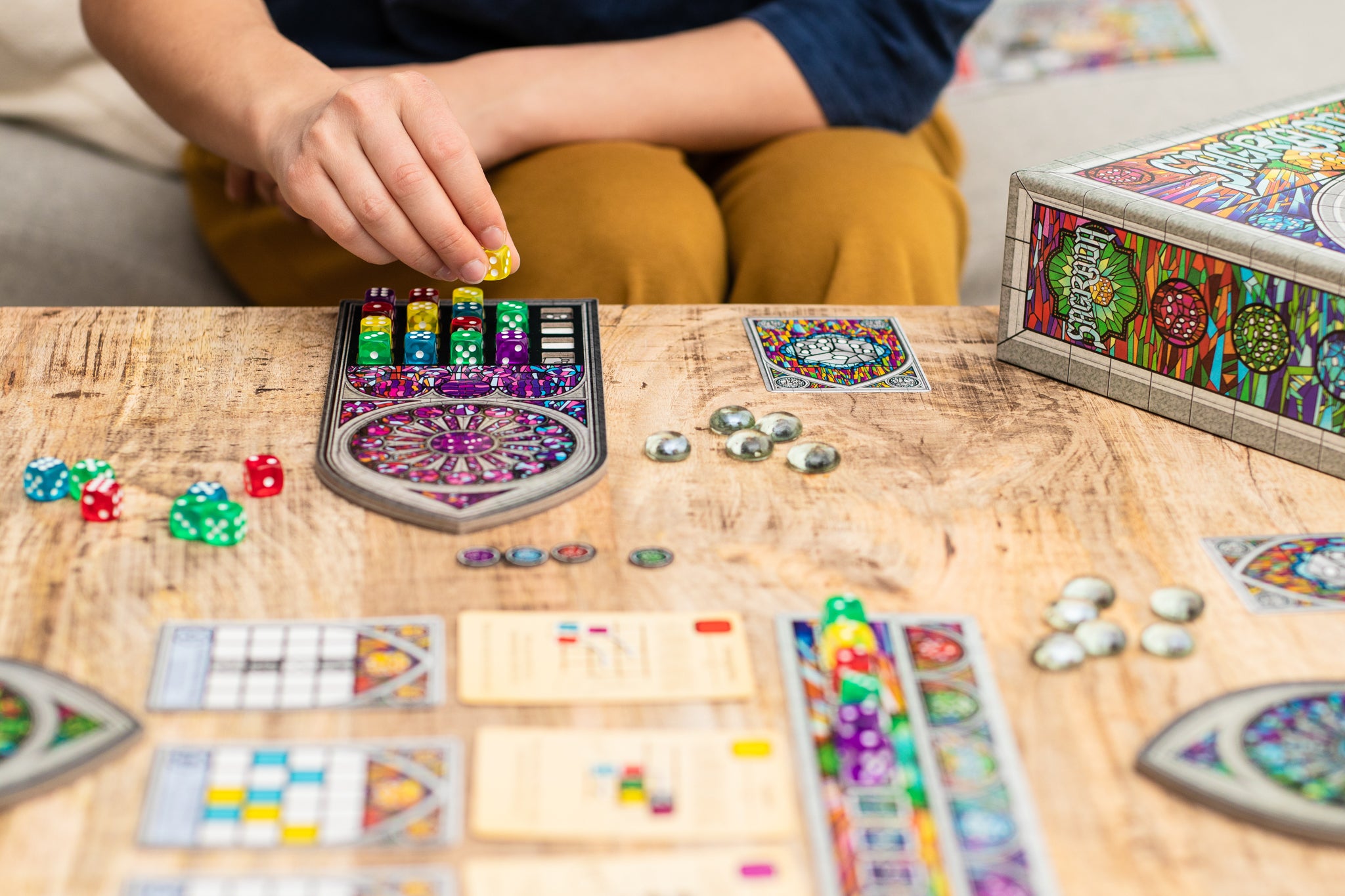In an era dominated by digital screens and virtual experiences, the enduring appeal of tabletop board games might seem like a relic of the past. However, far from being obsolete, board games are experiencing a resurgence in popularity, especially among families and educational institutions. Beyond their entertainment value, board games offer a myriad of benefits, particularly in enhancing critical thinking and problem-solving skills. In this blog post, we delve into the remarkable ways in which tabletop games contribute to cognitive development and intellectual growth.
The Rise of Board Game Culture
Board games have a rich history that spans centuries, with ancient roots in various civilizations. From the strategic complexities of Chess to the collaborative challenges of the ‘Pandemic’ board game, the diversity of board games is staggering. In recent years, there has been a notable resurgence in the popularity of tabletop gaming, fueled by a growing community of enthusiasts and the accessibility of modern board game designs.
Enhancing Critical Thinking Skills
One of the most significant benefits of playing board games is their capacity to enhance critical thinking skills. Whether it’s devising a winning strategy, assessing risks, or anticipating opponents’ moves, board games require players to engage in complex decision-making processes. Games like Settlers of Catan or Ticket to Ride demand strategic planning, resource management, and adaptability, all of which are essential components of critical thinking.
Fostering Problem-Solving Abilities
In addition to critical thinking, board games also foster problem-solving abilities. Players are often presented with challenges and obstacles that require creative solutions. Whether it’s navigating a maze in Labyrinth or deciphering clues in Clue, tabletop games encourage players to think analytically and creatively to overcome obstacles. This process of trial and error not only strengthens problem-solving skills but also cultivates resilience and perseverance.
Promoting Social Interaction and Communication
Unlike solitary activities such as video gaming, board games encourage important social interactions and communication. Sitting around a table with friends or family members fosters face-to-face interaction, fostering empathy, cooperation, and conflict resolution skills. Negotiating trades in Settlers of Catan or coordinating strategies in Pandemic requires effective communication and teamwork, essential skills for success in both personal and professional contexts.
Cultivating Emotional Intelligence
Board games also provide a platform for cultivating emotional intelligence. From the elation of victory to the disappointment of defeat, tabletop games evoke a range of emotions that players must learn to manage. Learning to cope with setbacks, demonstrate sportsmanship, and empathise with others’ experiences are valuable lessons that board games impart. Moreover, the social dynamics that unfold during gameplay offer opportunities for practising empathy, perspective-taking, and understanding different viewpoints.
Encouraging Continuous Learning
The world of tabletop gaming is vast and diverse, offering a multitude of themes, mechanics, and complexities. Whether it’s exploring historical events in Twilight Struggle or unravelling mysteries in Sherlock Holmes: Consulting Detective, board games provide opportunities for continuous learning and intellectual stimulation. By engaging with new game mechanics and strategies, players can expand their knowledge base and develop a growth mindset that values lifelong learning.
Conclusion
In conclusion, tabletop board games offer far more than just entertainment; they are powerful tools for enhancing critical thinking and problem-solving skills. By engaging with complex game mechanics, strategising with fellow players, and navigating challenging scenarios, individuals of all ages can develop cognitive abilities that are essential for success in various aspects of life. These skills are transferable into general life and academia too. Moreover, the social interactions and emotional experiences that accompany tabletop gaming contribute to the development of well-rounded individuals with strong interpersonal skills. So, the next time you gather around a table to play a board game, remember that you’re not just having fun – you’re also sharpening your mind and honing valuable life skills!
If you need support with study skills, check out our sister website for more information here or contact us!

